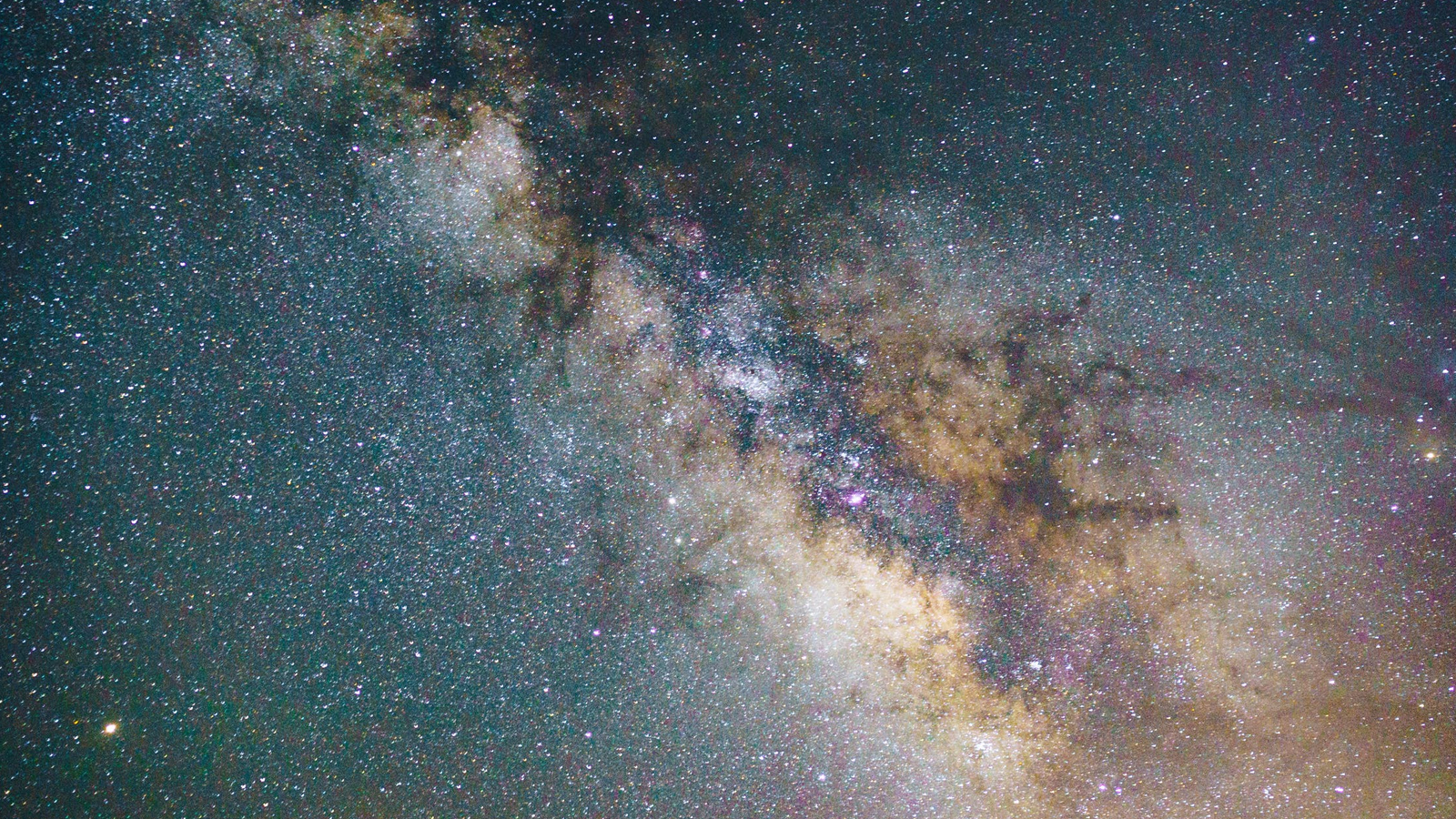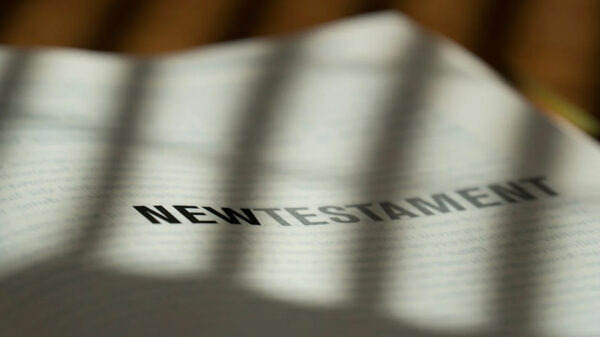One of the classic arguments for the existence of God is the “Kalam cosmological argument.” This argument can be written as follows: [1]
- Whatever begins to exist has a cause of its beginning.
- The universe began to exist.
- Therefore, the universe has a cause of its beginning.
Not only does the Kalam argument state that the beginning of the universe has a cause, but it implies that cause is consistent with a personal God as described in Christian scripture. “Creating the universe is a free act which is independent of any prior determining conditions… Freedom of the will enables one to get an effect with a beginning from a permanent, timeless cause. Thus, we are brought not merely to a transcendent cause of the universe but to its Personal Creator.” [2]
This argument hangs largely on the truth of the second premise, “the universe began to exist;” if the universe had no beginning then this argument fails (although the existence of a personal God may still not be ruled out [3]). It is important, then, to consider the evidence as to whether the universe had a beginning. Both scientific and philosophical evidence exists to support the conclusion that the universe had a beginning.
Today the “Big Bang” is the standard model for cosmology. The “Big Bang” is supported by several lines of scientific evidence, including (but certainly not limited to) Einstein’s theory of general relativity and astronomical observations that nebulae in the universe are simultaneously moving away from the Earth and each other. [4] Further, the second law of thermodynamics indicates the universe will eventually experience “heat death” and that all energy will reach a state of equilibrium. Because this has not occurred yet, an infinite amount of time cannot have already passed; the universe cannot have always existed. [5] Few scientists today deny that a “Big Bang” occurred; current scientific arguments as to the beginning of the universe typically focus on whether the universe existed in some form prior to the singularity event.
Philosophy also speaks to a finite universe. In particular, there is the issue of the “infinite regress” problem. If the universe had no beginning, then an infinite series of events would precede the current moment. But things cannot actually exist in infinite quantity; as a result, the past must be finite and the universe must have had a beginning. [6] A related argument indicates that an infinite series of events cannot be completed and as a result, if there was an infinite amount of time in the past, the current time could not be reached.
The most reasonable conclusion from the given evidence is that the universe had a beginning. The evidence from science and philosophy support the Kalam cosmological argument, which itself supports the argument that a personal creator is the cause of the beginning of the universe.
In addition to providing evidence for a beginning of the universe, science has also identified evidence that the universe is “fine-tuned.” The “fine-tuning” argument “refers to the fact that the constants and quantities built into the cosmos must fall within an extraordinarily narrow range for the universe to be life permitting, and an even narrower one for highly complex rational agents such as human beings.” [7] Essentially, science has discovered that if the universe were even slightly different human life could not exist and that a universe like the one we find ourselves in is extremely improbable. The evidence for “fine-tuning” is so overwhelming that it is essentially universally accepted by scientists. Theists see the “fine-tuning” of the universe as evidence that the universe was specifically designed by an intelligent being in order to produce human life. Share on X
Theists see the “fine-tuning” of the universe as evidence that the universe was specifically designed by an intelligent being in order to produce human life. [8] Atheist scientists, while accepting that the universe appears finely tuned, have tried to explain the apparent design by other means. One such argument is the multiverse theory, which suggests that if a near-infinite amount of different universes exist, then one like our would eventually exist. [9] However, all the same philosophical arguments for the beginning of the universe would still stand; Even if a multiverse exists, it cannot have always existed. The multiverse itself would have had a beginning, requiring a cause, and one winds up back at the Kalam cosmological argument.
[1] William Lane Craig, “The Kalam Cosmological Argument,” Reasonable Faith, accessed October 11, 2021. https://www.reasonablefaith.org/writings/popular-writings/existence-nature-of-god/the-kalam-cosmological-argument.
[2] William Lane Craig, “The Kalam Cosmological Argument.”
[3] William Lane Craig, “Has the Multiverse Replaced God?” Reasonable Faith, accessed October 11, 2021. https://www.reasonablefaith.org/writings/popular-writings/existence-nature-of-god/has-the-multiverse-replaced-god.
[4] Craig Sean McConnell, “Modern Cosmologies” in Science & Religion: A Historical Introduction- Second Edition, ed. Gary B. Ferngren (Baltimore: Johns Hopkins University Press, 2017), 367-375. See also, Melissa Cain Travis, Science and the Mind of the Maker (Eugene: Harvest House Publishers, 2018), 46-52.
[5] William Lane Craig, “The Kalam Cosmological Argument.”
[6] William Lane Craig, “The Kalam Cosmological Argument.”
[7] Travis, Science and the Mind of the Maker, 58.
[8] William Lane Craig, “The Fine-Tuning of the Universe,” Reasonable Faith, YouTube video, June 8, 2016, 6:22, https://youtu.be/EE76nwimuT0.
[9] Travis, Science and the Mind of the Maker, 61-62. See also, Craig, “Has the Multiverse Replaced God?”
Jimmy Wallace is a detective who holds a BA in Psychology (from UCLA) and an MA in Theology - Applied Apologetics (from Colorado Christian University).






































